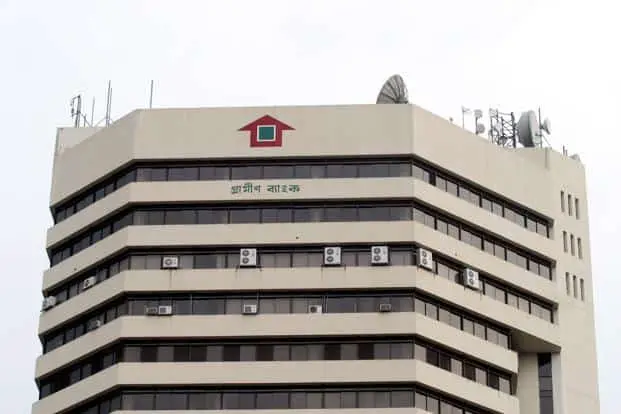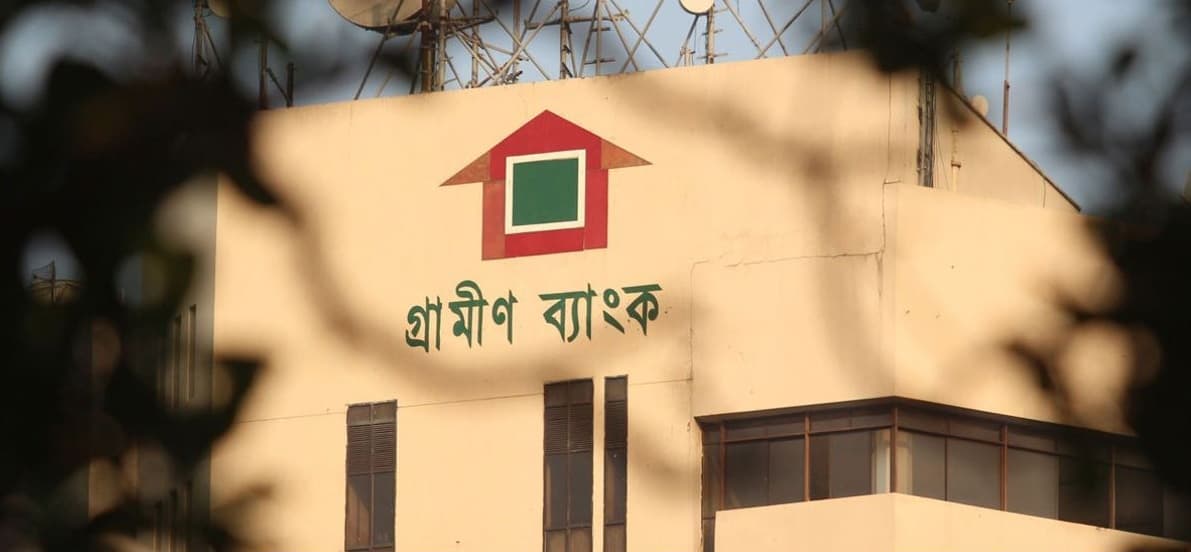Grameen Bank plays a pivotal role in Bangladesh by providing microcredit and financial services to the poor, particularly women, who lack access to traditional banking. Founded by Muhammad Yunus, the bank empowers the impoverished population to engage in income-generating activities and become self-sufficient. By offering small loans without requiring collateral, Grameen Bank facilitates economic and social development at the grassroots level.
Brief Overview of Grameen Bank
Grameen Bank, established in 1983 by Nobel Peace Prize winner Muhammad Yunus, is a microfinance institution in Bangladesh that provides small, interest-free loans to the country’s rural poor without requiring collateral. The bank plays a crucial role in empowering underprivileged individuals, particularly women, by offering them access to capital and enabling them to become self-sufficient. With over 14,000 employees, the bank operates in more than 35,000 villages and has provided millions of loans, averaging around $100 each, with an impressive repayment rate of 98%.
By focusing on women and fostering a sense of community, Grameen Bank helps transform lives and alleviate poverty in a sustainable way. In addition to providing credit, the institution encourages borrowers to save money and engage in profitable activities such as craft production and natural resources management. The bank, 92% owned by borrowers themselves, has given new hope and opportunities to millions of people who were previously excluded from formal banking services. This success story in battling poverty has inspired many other microfinance initiatives globally.
Importance and significance of Grameen Bank in Bangladesh
- The Grameen Bank in Bangladesh plays a vital role in improving the socio-economic conditions of the impoverished, with a focus on rural development and empowering women. Established in 1983, the bank has provided microcredit to millions of borrowers, enabling them to start small businesses and lift themselves out of poverty.
- This financial institution’s initiatives have reached 97% of the villages in Bangladesh, offering loans without any collateral, and maintaining a remarkable repayment rate of 99.6%. By promoting entrepreneurship, the Grameen Bank has contributed significantly to job creation and poverty reduction in Bangladesh.
- One of the most noteworthy achievements of the Grameen Bank is its focus on supporting women, with 97% of its borrowers being female. This demonstrates the bank’s commitment to addressing gender inequality and empowering women to achieve financial independence.
- The success of the Grameen Bank has inspired similar projects in over 64 countries around the world, including the United States. Furthermore, the institution’s innovative approach has garnered international recognition, with its founder, Muhammad Yunus, receiving the Nobel Peace Prize in 2006.
Origins and Evolution of Grameen Bank

The Grameen Bank, which means “Rural” or “Village” in the Bangla language, can trace its origins back to 1976. It was established by Professor Muhammad Yunus, Head of the Rural Economics Program at the University of Chittagong, who launched an action research project to examine the possibility of designing a credit delivery system specifically for the rural poor in Bangladesh.
Initially, the project demonstrated its effectiveness in Jobra and neighboring villages between 1976 and 1979. With the support of the central bank and nationalized commercial banks, it was extended to other districts, eventually leading to the establishment of Grameen Bank as an independent institution in October 1983 through government legislation.
Today, the bank is owned by the rural poor it serves, with 90% of its shares held by borrowers and the remaining 10% by the government. Over the years, the bank has played a significant role in alleviating poverty, empowering women, and promoting self-employment in rural Bangladesh. Its success has inspired similar projects in more than 64 countries globally.
How microcredit addresses poverty in Bangladesh
- Microcredit, an innovative financial system introduced by Grameen Bank in Bangladesh, has played a significant role in addressing poverty in the country. Providing small loans without collateral, it has enabled millions of impoverished Bangladeshis, particularly women, to access banking services and start their own businesses.
- The system empowers underprivileged rural women by giving them financial independence and decision-making power. By lowering the investment barrier through affordable monthly installments, microcredit has helped many middle and lower-income individuals afford solar home systems and eventually save money on energy expenses.
- Grameen Bank’s success has not only inspired similar projects in over 64 countries worldwide but has also expanded its operations into wealthier countries like the United States. With flexible repayment options and affordable interest rates, microcredit has become a practical and sustainable solution for poverty alleviation in Bangladesh and beyond.
Grameen Bank’s Loan Programs and Services
The Grameen Bank plays a significant role in Bangladesh by providing financial services to the rural poor, particularly women. The bank’s loan programs and services include:
- Microcredit: Small loans, known as Grameencredit, are extended to impoverished individuals without collateral. This allows them to start or expand businesses, promoting self-sufficiency and poverty alleviation.
- Group-based lending model: Borrowers form groups of five, with initial loans made to two members. If they meet repayment terms, loans are extended to the remaining members. This system utilizes peer pressure, ensuring members support each other and maintain a high repayment rate.
- Low-cost housing program: To combat homelessness, Grameen Bank offers affordable loans to assist borrowers in building simple, safe homes. This program received a World Habitat Award in 1998.
- Expanding globally: The success of Grameen Bank in Bangladesh inspired similar projects in over 64 countries, and it has even expanded into wealthy ones, helping marginalized communities worldwide.
- Funding sources: Grameen Bank receives funds from various sources, including donor agencies, the Central Bank of Bangladesh, and bond sales. This diversified funding ensures the bank can continue providing valuable services to its borrowers.
Grameen Bank’s focus on women’s empowerment
- Grameen Bank, a pioneer in microfinancing, has played a significant role in empowering women in Bangladesh. With 97% of its borrowers being women, it provides them with financial support in the form of small loans, allowing them to start and expand businesses.
- By focusing on women, the bank has created a ripple effect in local communities, contributing to better healthcare, women’s education, and overall quality of life. Through bank-sponsored programs like the Low-cost Housing Program, recipients are also offered education in financial management, promoting sustainable growth.
- The success of Grameen Bank’s model has inspired similar projects in over 64 countries, proving the potential for positive impact on a global scale, by empowering women economically and socially.
Impact of Grameen Bank on Education and Health in Bangladesh
The Grameen Bank has significantly impacted education and health in Bangladesh by providing financial services to the rural poor. The bank’s primary focus on lending to women promotes their empowerment and independence, enabling them to invest in their families’ health and education.
One notable impact of the Grameen Bank is the increase in school enrollment rates in areas with a strong presence of the bank. As women gain access to financial resources, they can afford to send their children to school, resulting in higher literacy rates and better educational outcomes. Additionally, the bank runs scholarship programs for outstanding students from low-income families, further supporting the education of underprivileged children.
The Grameen Bank’s influence on health in Bangladesh comes from its financing of various healthcare initiatives. By offering microloans, the bank empowers borrowers to pay for medical expenses, including regular check-ups and treatments for illnesses. Moreover, the bank supports various social businesses that focus on healthcare, such as Grameen Kalyan and Grameen Healthcare Services, which provide affordable healthcare facilities to rural areas. This access to healthcare services has led to improved health outcomes, lower maternal and infant mortality rates, and overall better quality of life for the rural poor in Bangladesh.
Challenges and Criticisms of Grameen Bank
Despite its widespread acclaim, Grameen Bank in Bangladesh faces several challenges in its operations.
- One major criticism is the promotion of a Western neoliberal agenda. The Bank’s microcredit approach, which focuses on deregulation and privatization, is said to advance corporate capitalist interests, rather than genuinely servicing local communities in Bangladesh.
- Another concern is the high interest rates associated with microcredit loans. Despite being considered a useful tool for financing purchases, the monthly interest rates of 2-3% can make the cost of borrowing quite high for the poor who the bank is trying to help.
- Finally, there are questions around the impacts of microfinance on rural underprivileged women. While it aims to empower them, it is essential to examine whether Grameen Bank’s initiatives truly fulfill this goal in practice.
Conclusion
In conclusion, the Grameen Bank plays a significant role in empowering the poor, particularly women, in Bangladesh by providing microloans without collateral requirements. Established by Professor Muhammad Yunus, this unique financial institution focuses on lending money to the rural landless so they can establish their own livelihoods and break free from poverty. Since its inception, the bank has reached millions of borrowers and disbursed billions of dollars in loans with an impressive repayment rate.
References:
https://homework.study.com/explanation/what-role-does-the-grameen-bank-play-in-bangladesh.html
https://think-asia.org/bitstream/handle/11540/5371/Volume%2014_No%201_1996_04.pdf?sequence=1

